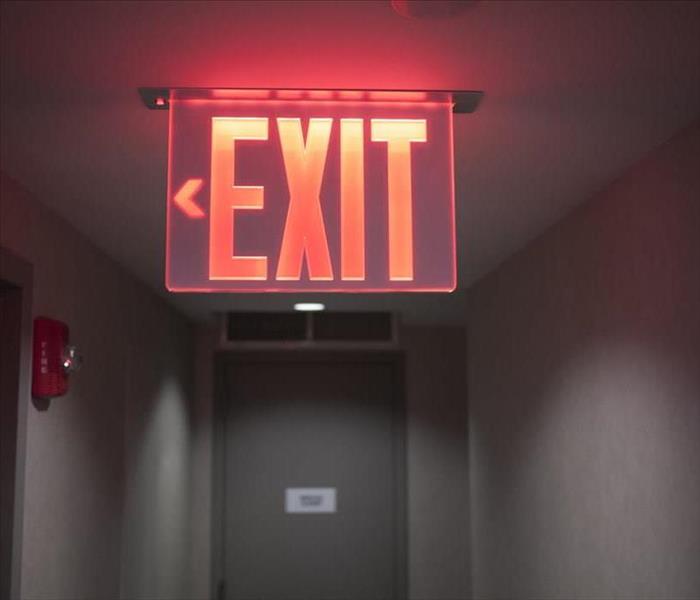Prepare Your Business for Emergencies Now
10/28/2021 (Permalink)
Steps To Take Before a Fire Strikes
You hope to never have a fire in your Jenks, OK, business, but if one were to occur, you don’t want to be without a contingency plan. The best way to prepare for an emergency is to create an action plan before the actual emergency. Here are four steps to take before a fire strikes.
1. Create a Thorough Plan
Discuss with your employees or managers how to make the most effective emergency strategies possible. In the written plan, include methods for reporting safety concerns, emergency contact information, the evacuation plan, emergency shut-down procedures, and individual safety policies.
2. Distribute the Contingency Plan
Your employees should be able to respond quickly to emergencies if they already know what to do. Include emergency plans in all your new employee training and hold regular meetings to make sure everyone is up-to-date on current procedures. Make it clear who is responsible for reporting emergencies and whose responsibility it is to make use of fire extinguishers or other emergency equipment.
3. Maintain Clear Evacuation Routes
Keep emergency exits clearly labeled and clear of obstacles. Keep pathways clear of loose cords or spare objects, such as garbage cans or unused furniture that sometimes gets set in back hallways and might become hazards when people try to evacuate.
4. Monitor Emergency Equipment
You have smoke alarms and fire extinguishers in your building, but are they in good working order? Take time to check smoke alarms at least once a month to make sure the batteries are still good and there are enough alarms for the whole building. Check the expiration date on all fire extinguishers. If you have other emergency equipment such as sprinklers or defibrillators, you can include these in your regular emergency equipment checkups.
While no one ever expects a fire, taking the time to create and maintain a contingency plan can keep your employees safe and save time and money when it is time to restore your business after a fire.



 24/7 Emergency Service
24/7 Emergency Service
